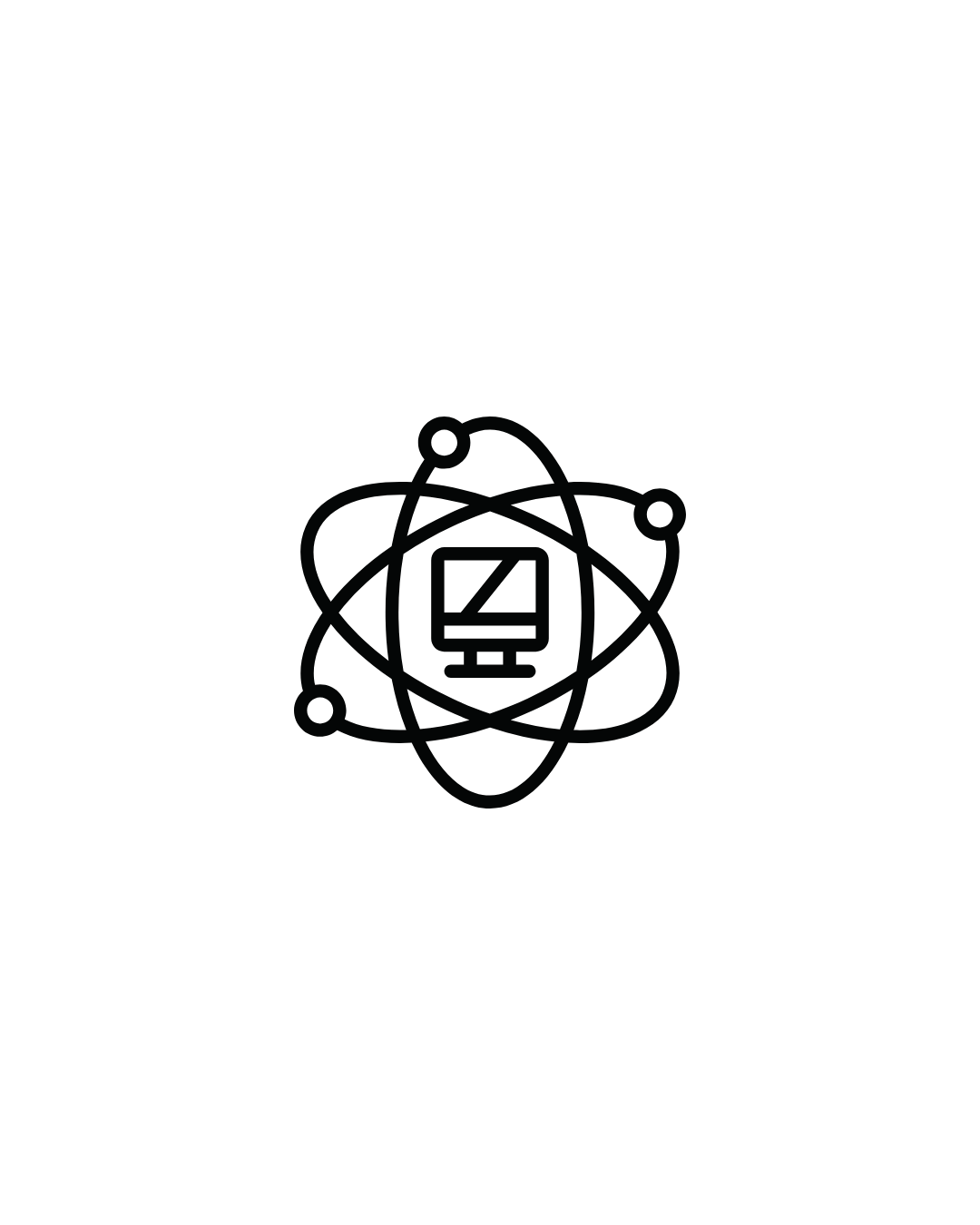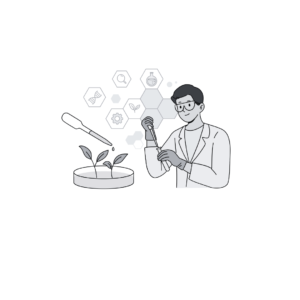Description
A Diploma in Computer Science & Engineering is a specialized program that provides students with a strong foundation in computer science principles, programming, software development, and networking. This diploma prepares students for a variety of roles in the fast-growing field of information technology.
Curriculum Overview
The curriculum for a Diploma in Computer Science & Engineering typically includes a mix of theoretical knowledge and practical skills. Here are some common subjects and areas of study you might encounter in this program:
Fundamentals of Computer Science:
Introduction to basic concepts of computer systems, architecture, and operating systems.
Programming Fundamentals:
Learning programming languages such as C, C++, or Python, with an emphasis on logic, syntax, and algorithm development.
Data Structures and Algorithms:
Study of different data structures (like arrays, linked lists, trees) and algorithms (searching, sorting) useful for solving computing problems.
Database Management Systems:
Introduction to database concepts, SQL programming, and database design and normalization.
Web Technologies:
Basics of web development, including HTML, CSS, JavaScript, and frameworks for building dynamic web applications.
Software Engineering:
Principles of software development processes, methodologies (like Agile), and project management.
Computer Networks:
Overview of networking concepts, types of networks, protocols, and the architecture of the Internet.
Operating Systems:
Understanding the functions, structures, and types of operating systems used in computers.
Software Testing and Debugging:
Techniques for testing software to ensure quality and reliability, including unit tests and integration tests.
Mobile Application Development:
Introduction to designing and developing applications for mobile devices on platforms like Android or iOS.
Cybersecurity Basics:
Overview of security principles, types of threats, and basic techniques for securing computer systems.
Computer Hardware and Maintenance:
Understanding the components of computer systems and basic troubleshooting and maintenance techniques.
Project Work:
A practical project that allows students to apply their skills to solve real-world problems or develop software applications.
Career Opportunities
Graduates of a Diploma in Computer Science & Engineering can pursue a wide range of career opportunities in various sectors, including technology, finance, healthcare, and education. Some potential job roles include:
Software Developer: Designing, coding, and testing software applications.
Web Developer: Building and maintaining websites and web applications.
Database Administrator: Managing and maintaining database systems and ensuring data integrity and security.
Technical Support Engineer: Providing assistance and troubleshooting for IT-related issues in organizations.
Network Administrator: Setting up and managing computer networks, ensuring connectivity and security.
Systems Analyst: Assessing and designing information systems to meet business needs.
Cybersecurity Analyst: Protecting an organization?s IT infrastructure from cyber threats.
Mobile App Developer: Creating applications for mobile devices and managing their deployment.
Quality Assurance Engineer: Testing software to identify bugs and ensure quality before release.
IT Consultant: Offering professional advice on technology solutions for businesses.
Further Education
After completing a Diploma in Computer Science & Engineering, graduates may choose to further their education by pursuing a Bachelor?s degree in Computer Science, Information Technology, or related fields. Additionally, obtaining specialized certifications, such as those related to programming languages, project management, or cloud computing, can enhance career prospects and expertise.
If you have any questions about the Diploma in Computer Science & Engineering program, career opportunities, or any related topics, feel free to ask!









